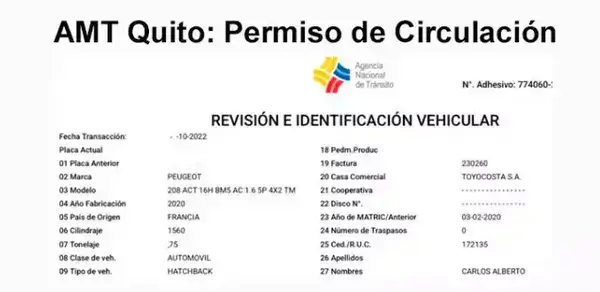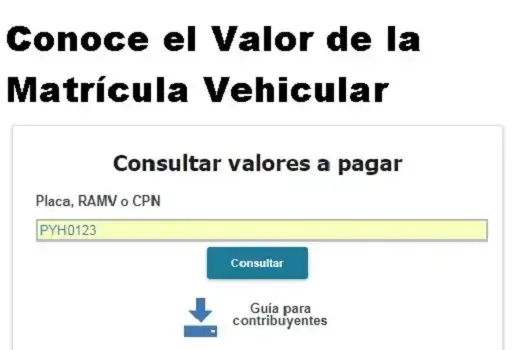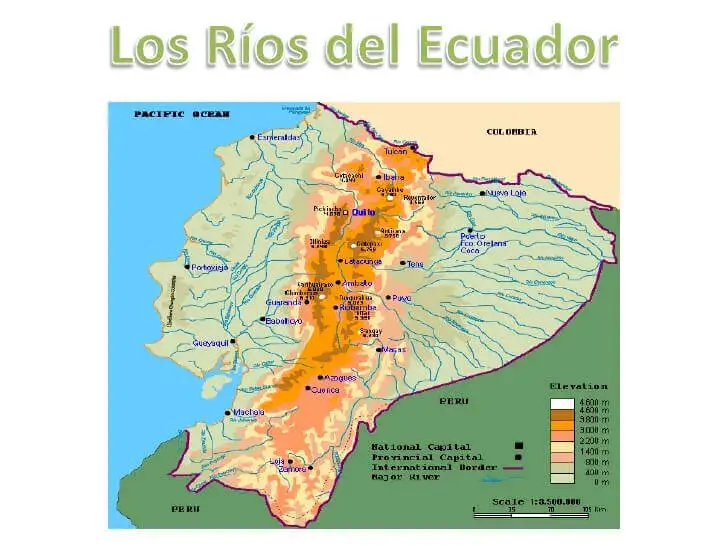Black box analysis results from Iranian air crash likely to be ‘anticlimactic,’ says expert
The «black box» flight data recorders at the centre of a dispute between the international community and Iran in the wake of the destruction of Ukrainian Airlines Flight 752 likely won’t contain information that can push the investigation forward, say Canadian flight recorder experts.
Mike Poole, a former Transportation Safety Board investigator, has been specializing in flight recorders for more than 30 years. He built Canada’s black box analysis lab and now sets up recorder analysis facilities around the world. He said the results of the black box analysis, when they come, could be disappointing.
«It’ll be entirely anticlimactic,» said Poole, CEO of Plane Sciences Inc. «The likelihood they’re going to bear fruit is pretty small or zero.»
The contents of flight data recorders and cockpit voice recorders are usually critical to crash investigations. In this case, however, the cause is no mystery: Iran admitted its military «mistakenly» shot down the jet shortly after it took off from Tehran on Jan. 8.

Poole said the flight data recorder is likely to show the plane flying along normally right up until the missile struck. At best, he said, the cockpit recorder might have captured a few words from the flight crew.
«I think you’ll hear a normally functioning airplane and crew speaking and data will just stop,» said Poole. «You might hear a few seconds of the aftermath.»
The crash happened on a night of heavy military activity after Iran’s forces fired missiles at Iraqi bases where U.S. troops were stationed. Iran’s attack was retaliation for an American drone strike that killed a high-ranking Iranian military general in Iraq. Of the 176 people killed in the crash, 57 were Canadian citizens and 29 were permanent residents.

The International Co-ordination Response Group, made up of countries that lost people in the crash, has been urging Iran to either analyze the black boxes without delay or hand them over to a country that can. Canada also asked the United Nations agency for civil aviation to intervene.
Former longtime TSB investigator Larry Vance said analyzing the black boxes is worth doing for transparency’s sake. What worries him, he said, is how an aviation crash probe has turned into an international political football.
«It seems to be a standoff at this stage,» he said. «It shouldn’t be that way in an accident investigation.»
Iran doesn’t have the technical capabilities to analyze the black boxes itself. According to international rules, Iran is supposed to ask another country with the proper facilities to help; so far there’s no word when or where the black boxes may be analyzed.
In Munich, Germany, today for a security conference, Foreign Affairs Minister François-Philippe Champagne said he’s seeing progress in his efforts to convince the Iranians to turn the flight data recorders over to a third party. He said the Iranians no longer appear to be arguing that the recorders must be analyzed in Iran.
Vance said the squabble over the fate of the data recorders may end up convincing the victims’ families that they contain a wealth of new information — and he fears they’re being set up for disappointment.
«The build-up to reading out the data recorders is higher than it should be,» said Vance. «I think families are getting their hopes up and that’s unfair.
«I think politicians should be a little bit careful in trying to pressure the Iranians for international and political reasons — that they aren’t creating higher expectations than there should be for the families.»






